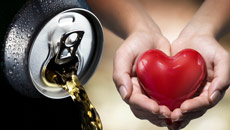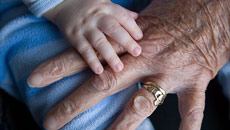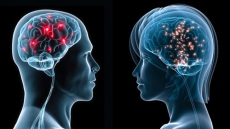Teenagers who tried to act "cool" in early adolescence are more likely to experience a range of problems in early adulthood than their peers who did not act "cool", a decade-long study shows.
While "cool" teenagers are often idolised among friends, seeking popularity and attention by trying to act older than one's age may not yield the expected benefits.
"It appears that while the so-called 'cool' teenagers' behaviour might have been linked to early popularity, over time, these teenagers needed more and more extreme behaviour to try to appear cool," explained Joseph P. Allen, professor of psychology at University of Virginia.
They became involved in more serious criminal behaviour and alcohol and drug use as adolescence progressed.
"These previously 'cool' teenagers appeared less competent - socially and otherwise - than their less 'cool' peers by the time they reached young adulthood," Allen described.
To reach this conclusion, researchers followed 184 teenagers from age 13-23.
Teenagers who were romantically involved at an early age engaged in delinquent activity and placed a premium on hanging out with physically attractive peers. This made them popular among peers at age 13.
But by age 22, these once-cool teenagers were rated by their peers as being less competent in managing social relationships.
"They were also more likely to have had significant problems with alcohol and drugs, and to have engaged in criminal activities," the study noted.
The study appeared in the journal Child Development.





